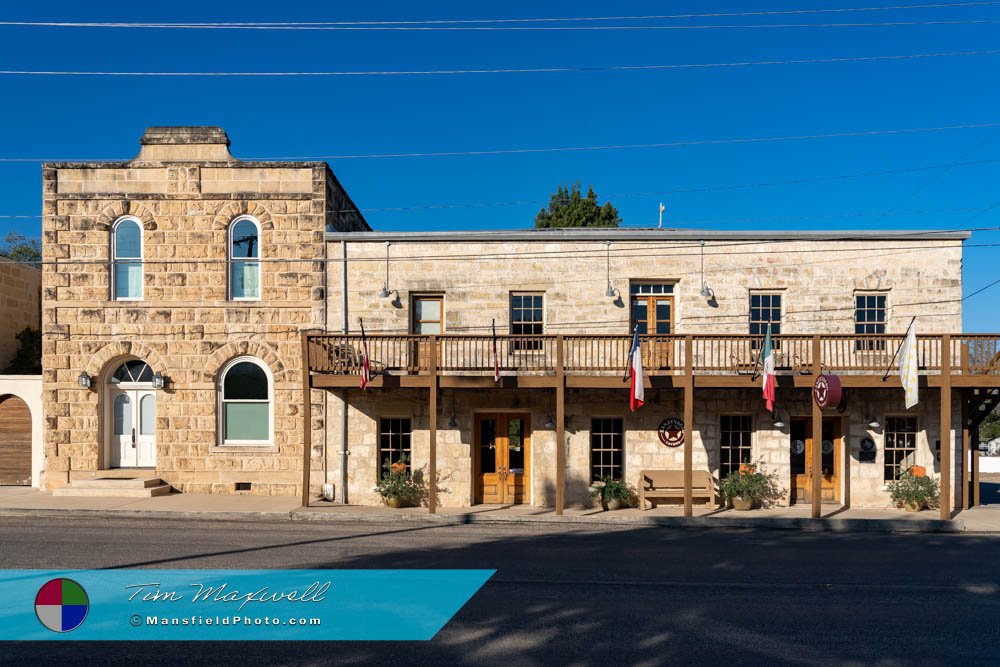Mansfield Photography
Center Point, Texas
– From Trading Post to Hill Country Hotspot.
Center Point, Texas, holds a unique position in Kerr County history, balancing both quaint rural charm and storied resilience. Established in the 1850s, the town was initially a trading post for early settlers seeking supplies and safety. Its name arose from its central location between the towns of Kerrville and Comfort, making it a convenient “center point” for travelers and residents alike. The name not only represented its geographical positioning but also captured its role as a central meeting place for those journeying through the Texas Hill Country.
A Community Built on Endurance
Over the years, the town flourished as a hub for ranchers, farmers, and merchants. The community grew rapidly in the late 19th century, benefiting from its placement on the Guadalupe River and its proximity to nearby trading routes. By the 1880s, it had enough residents to support a post office, stores, churches, and even a local newspaper.
Despite its growth, Center Point faced multiple challenges to its formal status. In the early 1900s, the town sought incorporation, aiming to improve local governance and secure resources for public services. However, this incorporation proved temporary as the town later chose to disincorporate. A similar cycle occurred in the mid-20th century when the town again incorporated, only to reverse this decision a few years later. This pattern of incorporation and disincorporation reflects the town’s strong sense of independence and its reliance on community cooperation rather than formal governance.
Guadalupe River
Center Point’s riverside location along the Guadalupe River has provided both beauty and practical benefits. For generations, residents have enjoyed fishing, boating, and swimming in the river, making it a central part of local recreation. The river also supported early industry, as sawmills and gristmills operated along its banks in Center Point’s formative years.
Center Point in Modern Times
Today, Center Point maintains a close-knit community atmosphere, even as it has evolved to accommodate the interests of modern visitors and residents. Although the town remains unincorporated, its citizens are actively involved in maintaining its charm and historical sites. Visitors often find themselves drawn to the Center Point Cemetery, one of the oldest in the area, where markers date back to the Civil War era. This historic cemetery reflects the community’s commitment to preserving its history and honoring the generations that came before.
With a blend of historic and contemporary culture, Center Point has also become a destination for tourists looking for a slice of authentic Hill Country life. Small businesses, art studios, and cafes have opened in recent years, and the town’s scenic Guadalupe River views offer endless opportunities for photographers and nature enthusiasts. Local events, often centered around the river and community center, celebrate the town’s traditions while welcoming new faces who come to experience its unique character.
Conclusion
Center Point may be small, but its history is one of remarkable resilience and adaptability. From its founding days as a trading post to its modern role as a haven for history buffs and river lovers, the town has continually shaped and reshaped itself, guided by a strong sense of community pride. Its cycle of incorporation and disincorporation tells the story of a town unafraid to define its own path, embodying the spirit of Texas independence. Whether you’re drawn by history, nature, or a desire to experience authentic Hill Country life, Center Point, Texas, promises a visit rich in character and connection.
📸 Want to See More Photos of This Town?







